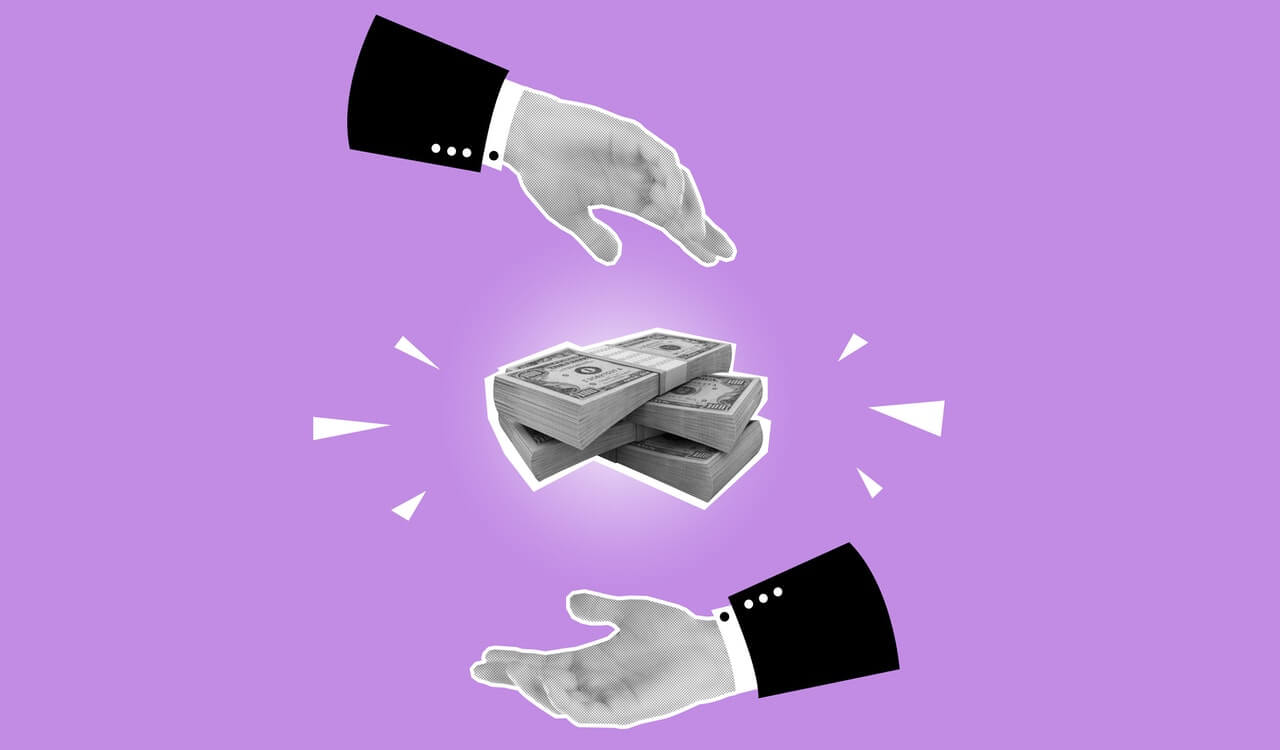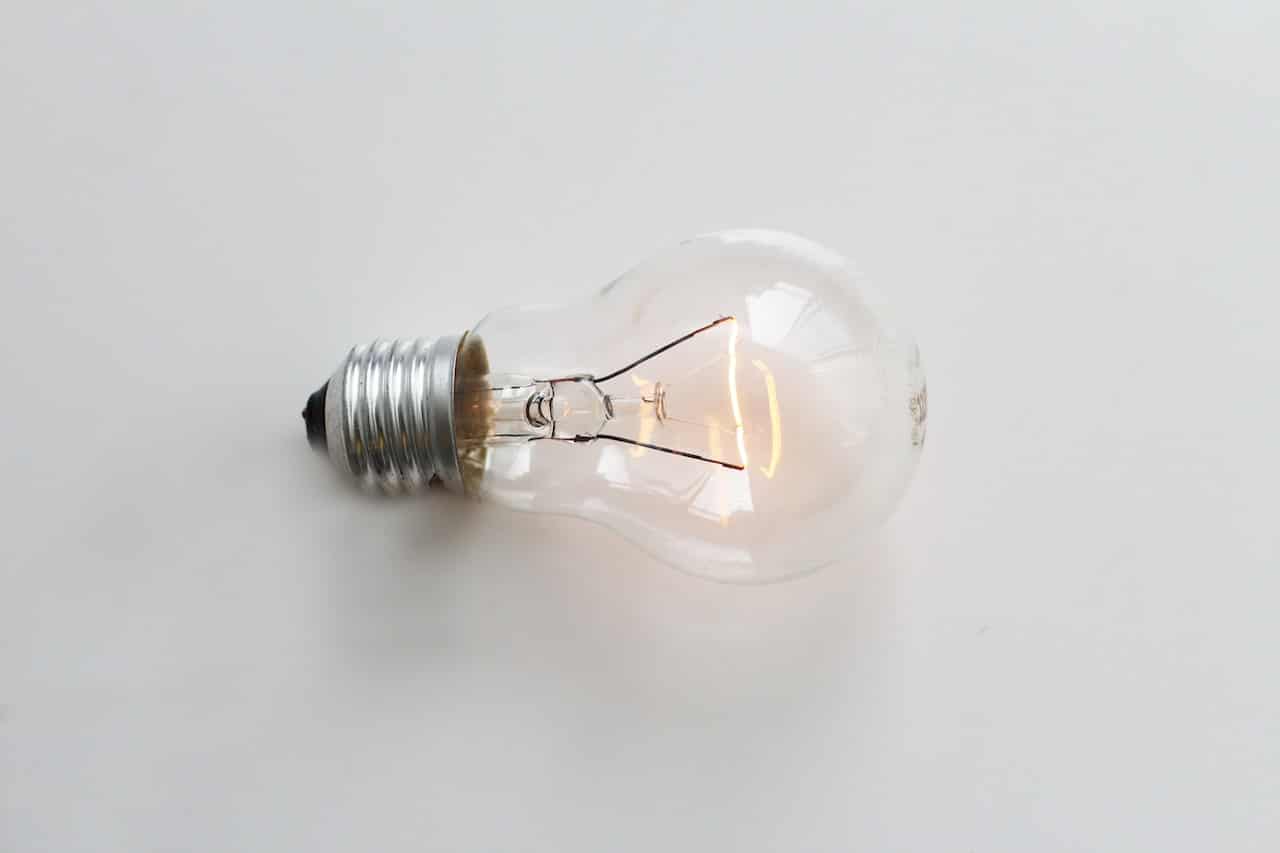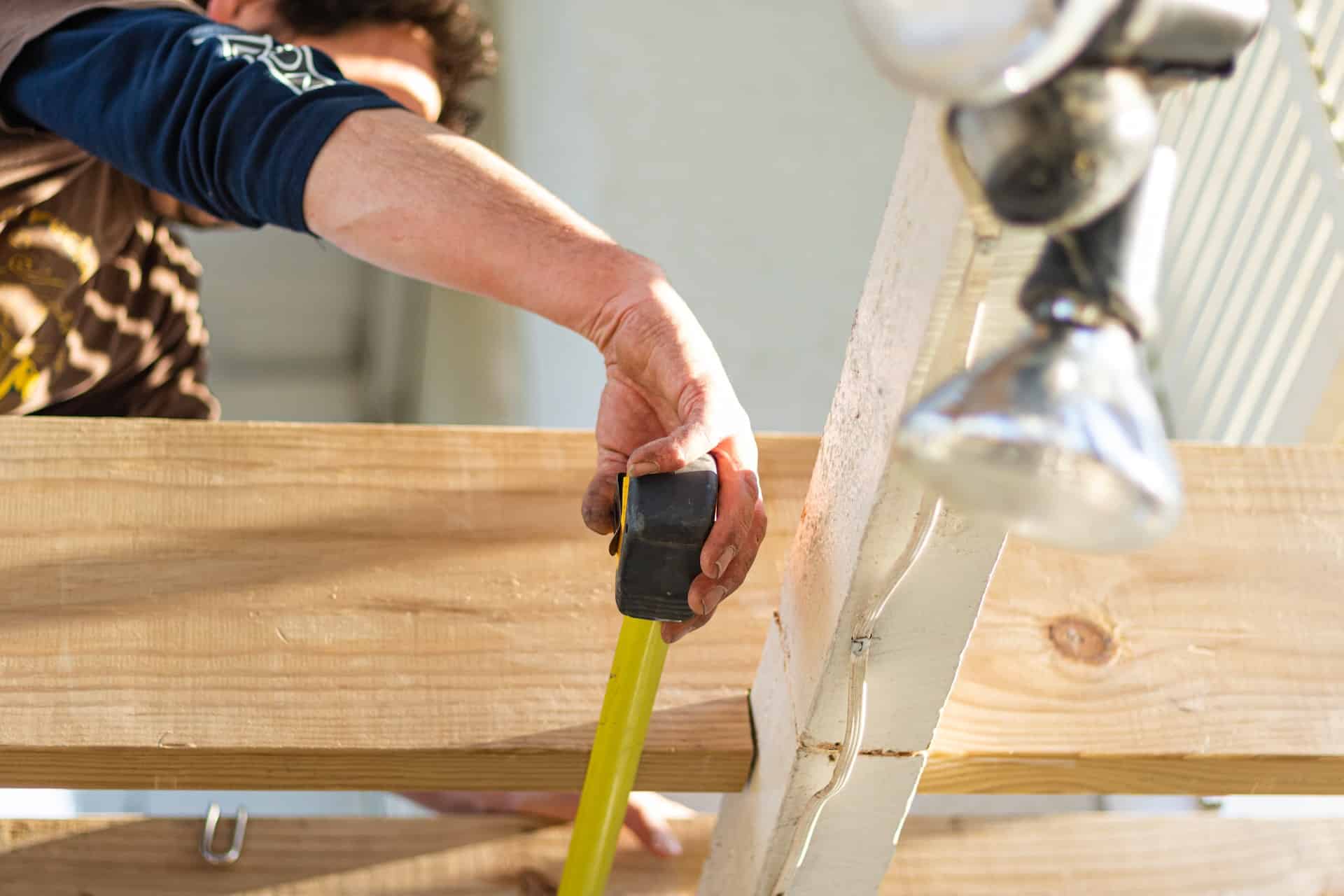In most cases, a direct deposit will hit your bank account (doesn’t matter whether you use retail banks vs credit unions) anywhere between 12 a.m. and 6 a.m. the day that the money is sent out—depending on the kind of transfer. Other factors include if a direct deposit form is required, and the time of day the deposit was requested.
Curious about how the process works, where it is available, and how to set things up? Keep reading to learn all about the process.
What Is a Direct Deposit?
Direct deposit is the deposit of funds through an electronic transfer between bank accounts. The automated clearing house or ACH is the electronic network that allows for electronic bank transfers. Currently, about 93% of U.S. workers receive their paycheck via direct deposit.1
How It Works
It will work between two accounts, where one will be the depositor and the other the recipient. In order to receive funds, the recipient will need to provide the depositor with their bank account information, whether a business account or a personal checking account. Direct deposit makes it easy to send and receive funds on the same day.
It’s usually used for sending and receiving paycheck deposits, online quick cash loans, installment loans, bad credit loans, tax refunds, automatic bill payments, social security payments, retirement account payments, and investment payments. And so, chances are you have used direct deposit before and may not have been aware.
Does Direct Deposit Work For Online Bank Accounts?
Yes, they work for online bank accounts. Many e-banks have apps that individuals use to send money from one person to another or to a small vendor/small business.
Just like regular banks, direct deposit for e-banks works similarly. To use their services, you will have to attach a phone number or email along with your name to your e-bank account information. From here, you can then provide that basic contact information to send or receive funds from an individual. This connection makes it so you don’t have to give direct bank information to every individual you send or receive money through. Instead, the banks will store that information and use it with your consent.
How To Set Up Direct Deposit
To set up direct deposit, you will need to fill out the direct deposit form with your bank’s name, account number, and routing number. This information can all be found through the bank’s online platform or on a check.
How Long Does It Take to Set Up?
Once you submit the information, it will take a few business days to set up. It will be up to the recipient to set everything up with their bank. Once set up and cleared through an ACH (automated clearing house), you can use the money immediately.
Below are a few timelines for how long it takes to set up for different payment types:
How Long Will It Take to Get My First Paycheck In My Bank Account?
As mentioned above, it can take a few days for employers to provide your direct deposit information to their bank and add you to payroll. However, this will usually not mean a delayed paycheck. Most businesses will ask for your direct deposit information, whether on the first day of you starting work or right after an offer. That way, once the time for your first paycheck comes, there is no wait time for ACH processing. And the funds can be deposited immediately after your employer issues them out.
Social Security, Unemployment and Other Benefits
Getting ongoing direct deposits from these benefits can be a little more complicated with setup. In many cases, you will have to renew your benefits before depositing the funds.
Paying Friends, Family Members, and Other Individuals
Setting up payments and receiving through e-banks is simple. Although these online banks can mean direct deposit and immediate funds, there may be, but there may be a fee or wait time to access them right away. Whether you want to use the funds directly with your debit card or withdraw the funds as cash, definitely consider the online bank you are working with.
Some Pros and Cons
Direct deposit comes with its sets of pros and cons for both individuals and businesses that use them. One advantage for both kinds of users is that direct deposit is faster, more convenient, safer, and more accessible than a check or cash deposit. Direct deposit provides easy and quick access to your funds and can help you control and schedule where your money is and how you use it. This ease of access is also one of the major benefits of opening up a checking account in the first place.
One disadvantage that comes with direct deposit is that you will find that reversing a transaction can be extremely difficult and requires jumping through hoops, if possible at all. Additionally, suppose you change your bank account provider. In that case, you will have to update your account number and routing number with each direct deposit sender and receiver set up on your previous account.
More Info About Direct Deposits
| Aspect | Details |
| Eligibility for Direct Deposits | Most people are eligible for direct deposits, including employees, contractors, and those receiving government benefits. |
| Currencies Supported | ACH deposits primarily support domestic currencies but can also facilitate international currencies depending on bank capabilities. |
| Frequency of Direct Deposits | Direct deposits can be set up for various frequencies such as daily, weekly, bi-weekly, monthly, depending on the payer’s schedule. |
| Costs Associated | ACH deposits are usually free for the recipient. However, some businesses may incur costs for issuing ACH deposits for employees or contractors. |
| Impact on Environment | ACH deposits are eco-friendly as they reduce the need for physical checks, envelopes, and ink, contributing to a reduction in paper waste. |
| Integration with Accounting Software | Many direct deposit services integrate seamlessly with accounting software, simplifying the payroll process for businesses. |
| Customer Support | Banks and financial institutions typically offer customer support to assist with queries or issues related to ACH deposits. |
| Security Measures | Banks employ various security measures such as encryption and authentication to safeguard direct deposit transactions. |
| Regulations and Compliance | ACH deposits are regulated by laws and guidelines to ensure consumer protection and the integrity of transactions. |
| Dispute Resolution | In case of discrepancies or disputes, banks provide resolution mechanisms to address issues related to ACH deposits. |
Direct Deposit FAQ
If your direct deposit doesn’t hit your account on the expected day, it’s advisable to contact your employer or the entity responsible for sending the funds to verify the direct deposit request was processed correctly. Additionally, you can contact your bank to ensure there are no issues or delays on their end.
ACH deposits are generally secure and less susceptible to theft compared to physical checks. Banks use encrypted technologies to protect your financial information during the transaction, making ACH deposits a safer option for receiving payments.
Yes, ACH deposits can be made into various types of accounts, including a savings account. You just need to provide the correct account and routing numbers, and ensure the account is capable of receiving direct deposit payments.
Yes, you can split your paycheck between different accounts. This feature allows for more ACH deposits to be distributed across various accounts, such as savings and checking, helping in budgeting and saving strategies.
The time direct deposit takes to become active after the initial setup varies. Generally, it might take a few days to a couple of weeks. It’s best to confirm with your bank and employer to get a more accurate timeframe.
If direct deposit funds are sent to a closed account, the payment will be rejected, and the funds will be returned to the sender. The sender, such as your employer, will then need to arrange an alternative payment method or deposit the funds into an active account.
If your employer offers direct deposit but you prefer receiving physical checks, you can opt-out of the direct deposit service. However, consider discussing the benefits, such as convenience and security, of ACH deposits with your employer or financial advisor before making a decision.
Reversing or canceling ACH deposits after they have been processed is challenging. It requires a formal process (sometimes including an additional direct deposit form) , and in some cases, it might not be possible. It’s essential to ensure the accuracy of the direct deposit request to avoid complications.
You can track or confirm the receipt of ACH deposit payments by regularly checking your bank account statement. Most banks also offer notifications, which can alert you when a direct deposit hits your account.
Generally, there isn’t a specific limit on the amount of money received through ACH. However, banks may have policies or limits on incoming transactions, so it’s advisable to confirm with your bank if expecting a substantial amount.
If your direct deposit hit the wrong account, it’s essential to act promptly. First, contact the entity that sent the funds, such as your employer, and inform them of the error. They can then liaise with the bank to rectify the mistake. Additionally, reach out to your bank, providing them with the necessary details to help in recovering and redirecting the funds to the correct account. Remember always to double-check and confirm your account details when setting up a direct deposit to prevent such issues.
CreditNinja’s Take on Most Direct Deposits
In conclusion, once you set up direct deposit with a checking account you should be able to access the funds on the same day that they are sent out! This convenience and speed make it the first choice for payday deposits and more.
Looking for additional information regarding direct deposits, your checking account, getting a $2,500 loan, and more? Head on over to the CreditNinja dojo for tons of free financial resources!
References:






